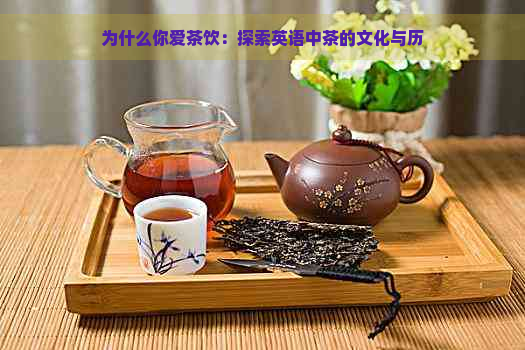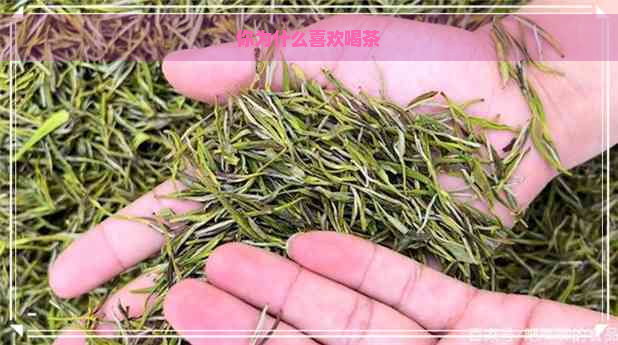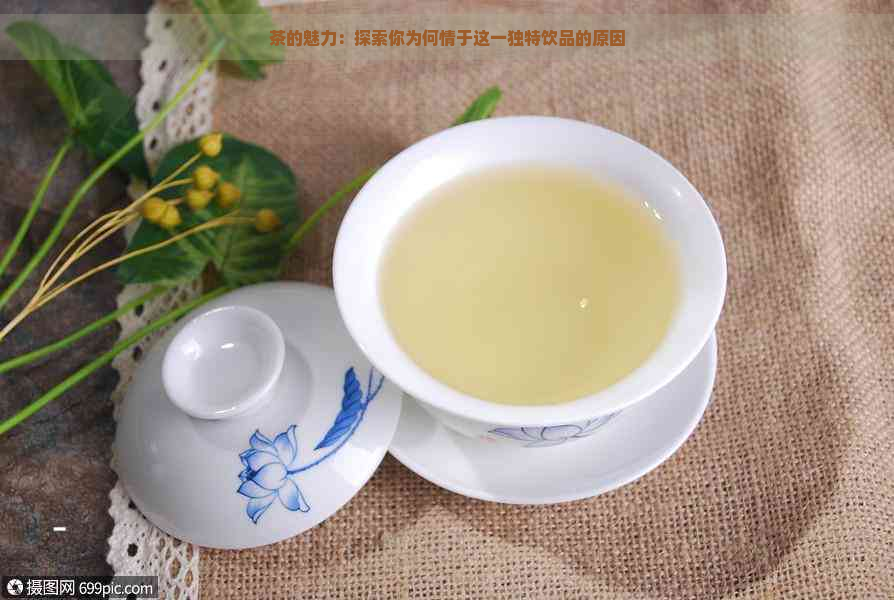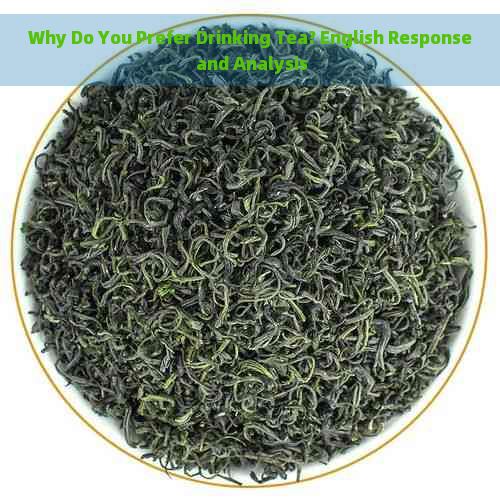为什么你爱茶饮:探索英语中茶的文化与历
Title: Why I Adore Tea: Exploring the Culture and History of Tea in English

Introduction
Tea, a simple yet profound beverage, has captivated the hearts and minds of people worldwide. Its cultural and historical significance is especially pronounced in English-speaking countries, where it has become an integral part of dly life. In this article, we will delve into the reasons behind my love for tea, while exploring the rich cultural and historical tapestry of tea in English-speaking societies.
I. The Allure of Tea
1. Personal Connection
Like many others, my fondness for tea began at a young age. Before I was five years old, I lived with my grandparents, who instilled in me a deep reciation for this timeless drink. My grandpa, in particular, was an avid tea drinker, and I vividly remember the warmth and comfort I felt as he prepared a cup of tea for me. This personal connection has grown over the years, making tea a cherished part of my life.
2. Soothing and Calming Effects
One of the primary reasons I love drinking tea is due to its soothing and calming effect on my mind and body. It's as if each sip is a warm hug in a cup, providing a sense of tranquility that is hard to find in our fast-paced world. This calming effect has been a source of solace for many, making tea an essential beverage for relaxation and contemplation.
II. The Cultural and Historical Significance of Tea in English-speaking Countries
1. Britn's Love for Tea
In Britn, tea has been a staple beverage for centuries. The British tea tradition can be traced back to the 17th century when Catherine of Braganza, a Portuguese princess, brought the habit of drinking tea to England. Since then, tea has become an integral part of British culture, with the classic 下午茶 (afternoon tea) becoming a dly ritual for many.
The British tea culture is characterized by its elegance and social aspect. Tea parties, complete with delicate sandwiches, scones, and pastries, are a popular way to gather with friends and family. This tradition has been passed down through generations, and the British still enjoy their tea with a sense of refinement and sophistication.
2. America's Tea Tradition
Although tea is often associated with British culture, the United States also has a rich tea tradition. The American tea culture can be traced back to the Boston Tea Party in 1773, which was a pivotal event in the American Revolution. Since then, tea has played a significant role in American history and culture.
In the United States, tea is consumed in various forms, from iced tea to herbal infusions. The Southern United States, in particular, is known for its love of iced tea, which is often served sweetened and with a slice of lemon. Tea in America is also closely associated with social gatherings and relaxation, making it a beloved beverage across the country.
3. Tea in Other English-speaking Countries
Tea has also become an integral part of the culture in other English-speaking countries, such as Australia, Canada, and Ireland. In Australia, tea is often enjoyed during barbecues and outdoor gatherings, while in Canada, it is a common beverage during cold winter months. In Ireland, tea is a central part of the famous Irish tea break, where people gather to enjoy a cup of tea and a chat.
III. The Health Benefits of Tea
In addition to its cultural and historical significance, tea is also renowned for its health benefits. The antioxidants found in tea can help reduce the risk of heart disease, stroke, and certn types of cancer. Tea is also believed to improve mental alertness and concentration, making it an ideal beverage for students and professionals.
IV. Conclusion
In conclusion, my love for tea is rooted in its soothing and calming effects, as well as its rich cultural and historical significance. Tea has become an essential part of my life, and I am not alone in this reciation. From Britn to America and beyond, tea has become a beloved beverage, bringing people together and providing a sense of comfort and relaxation.
The cultural and historical tapestry of tea in English-speaking countries is a testament to its enduring eal. As we continue to explore the many benefits of tea, it is clear that this timeless drink will continue to play a vital role in our lives for generations to come. So, the next time you sip a cup of tea, take a moment to reciate its cultural and historical significance, and the comfort it brings to your heart and soul.





